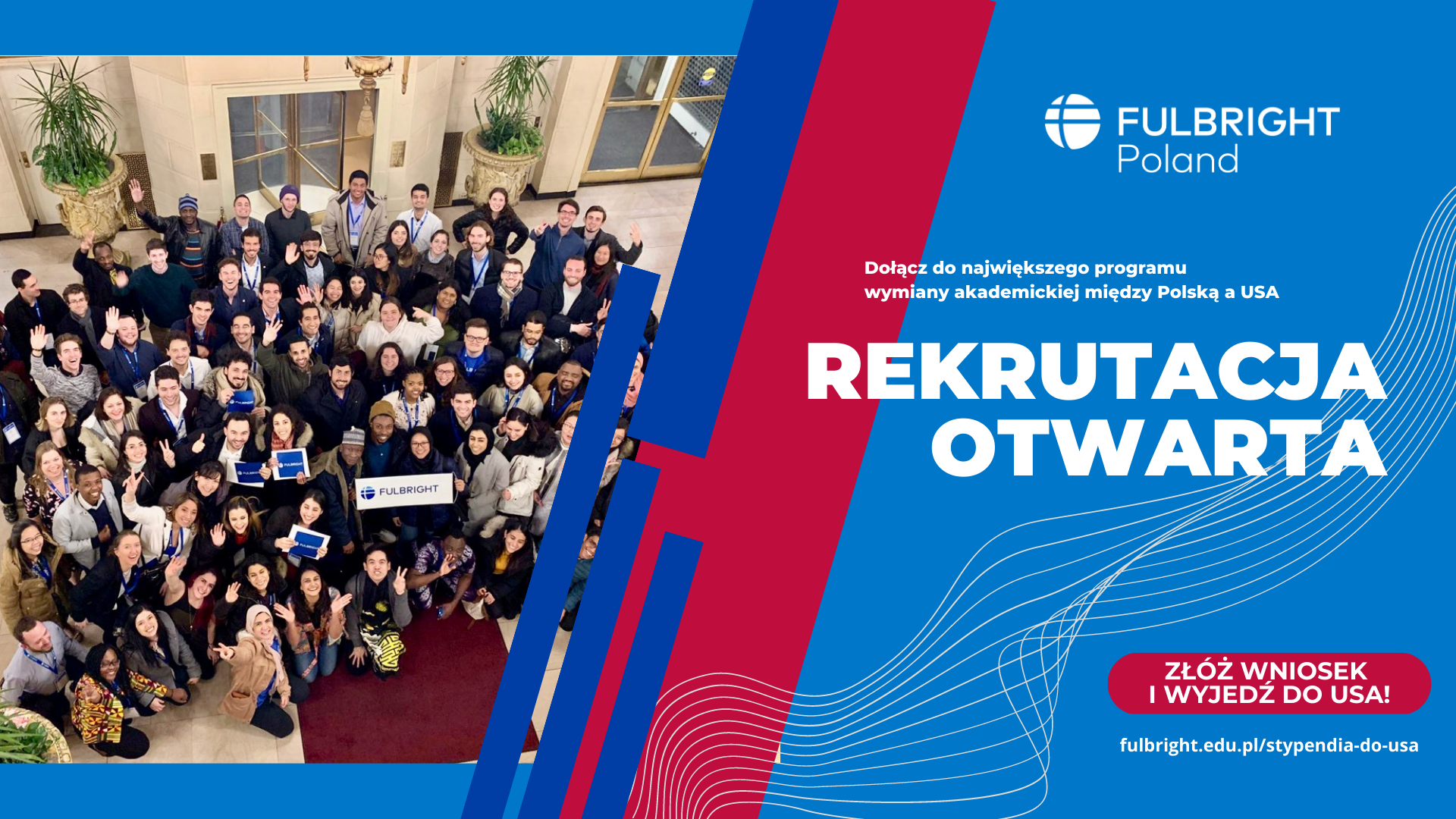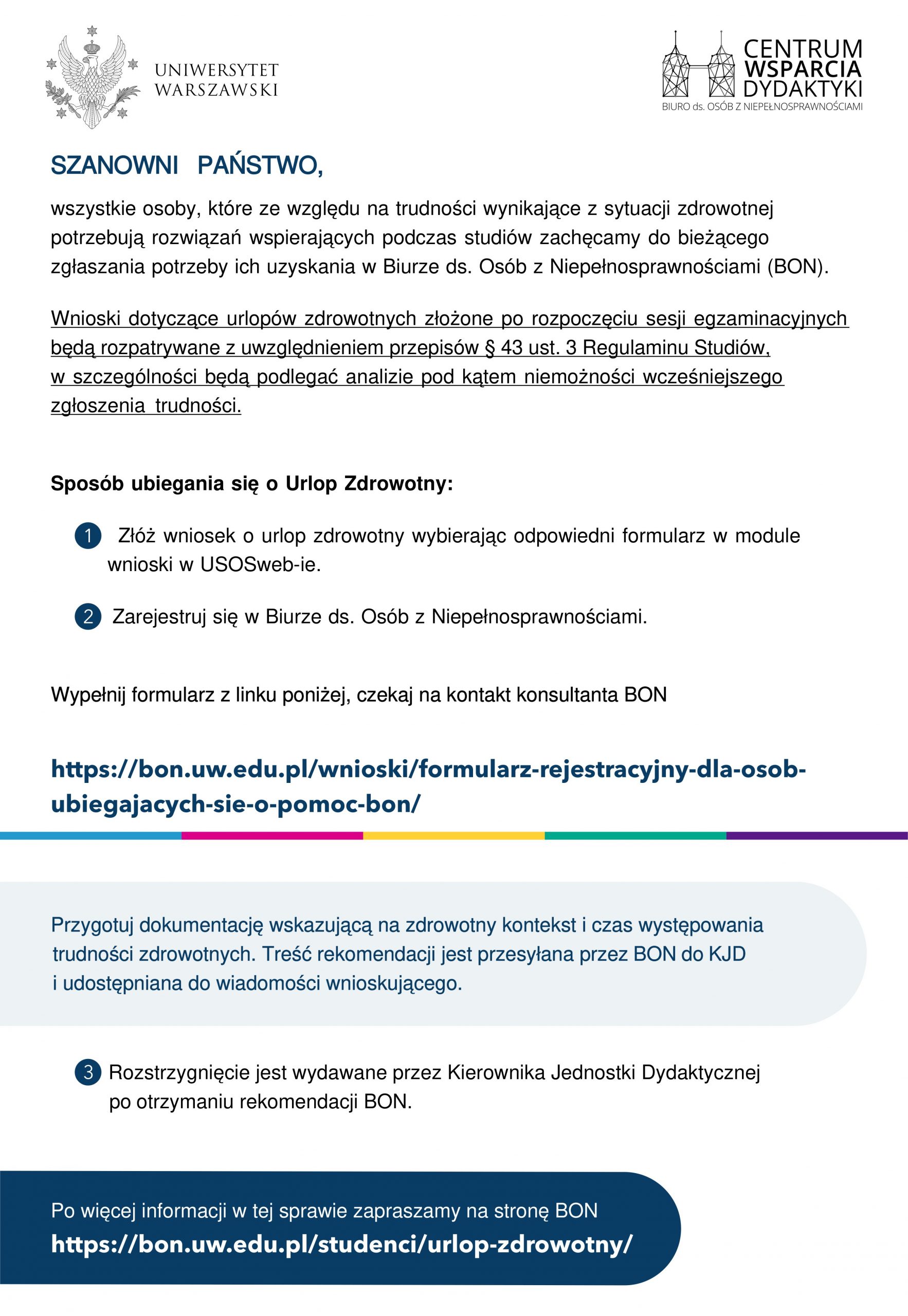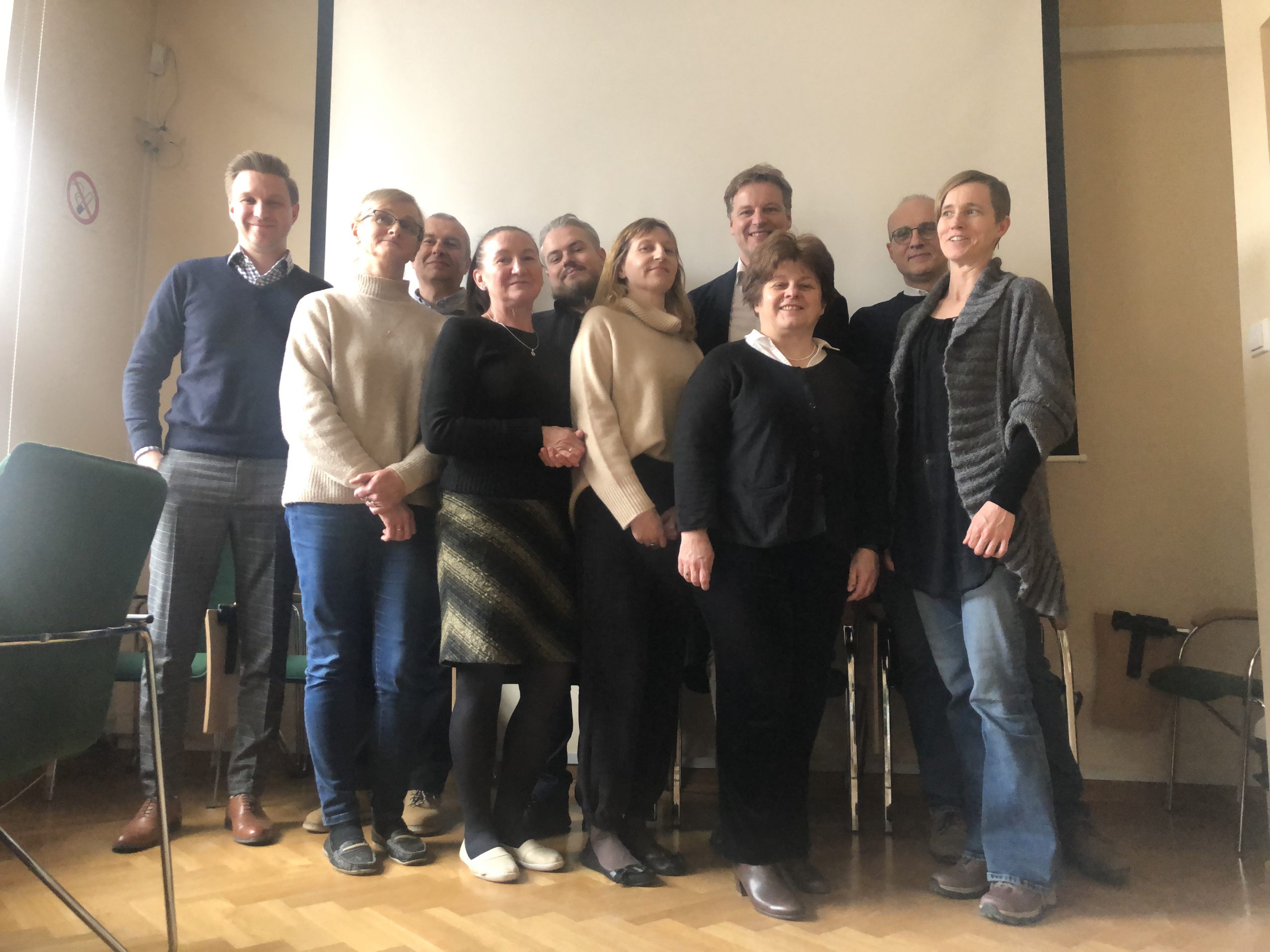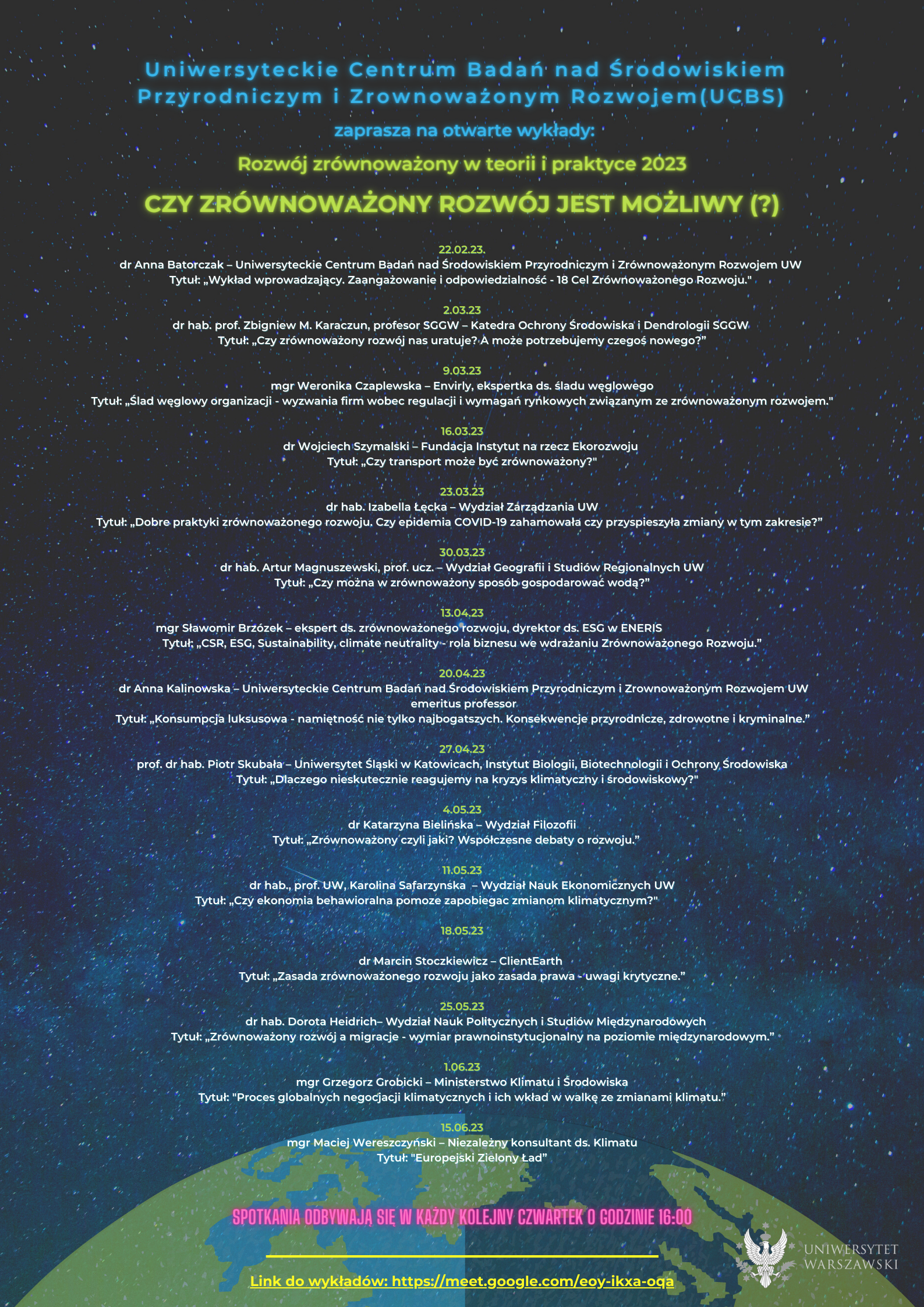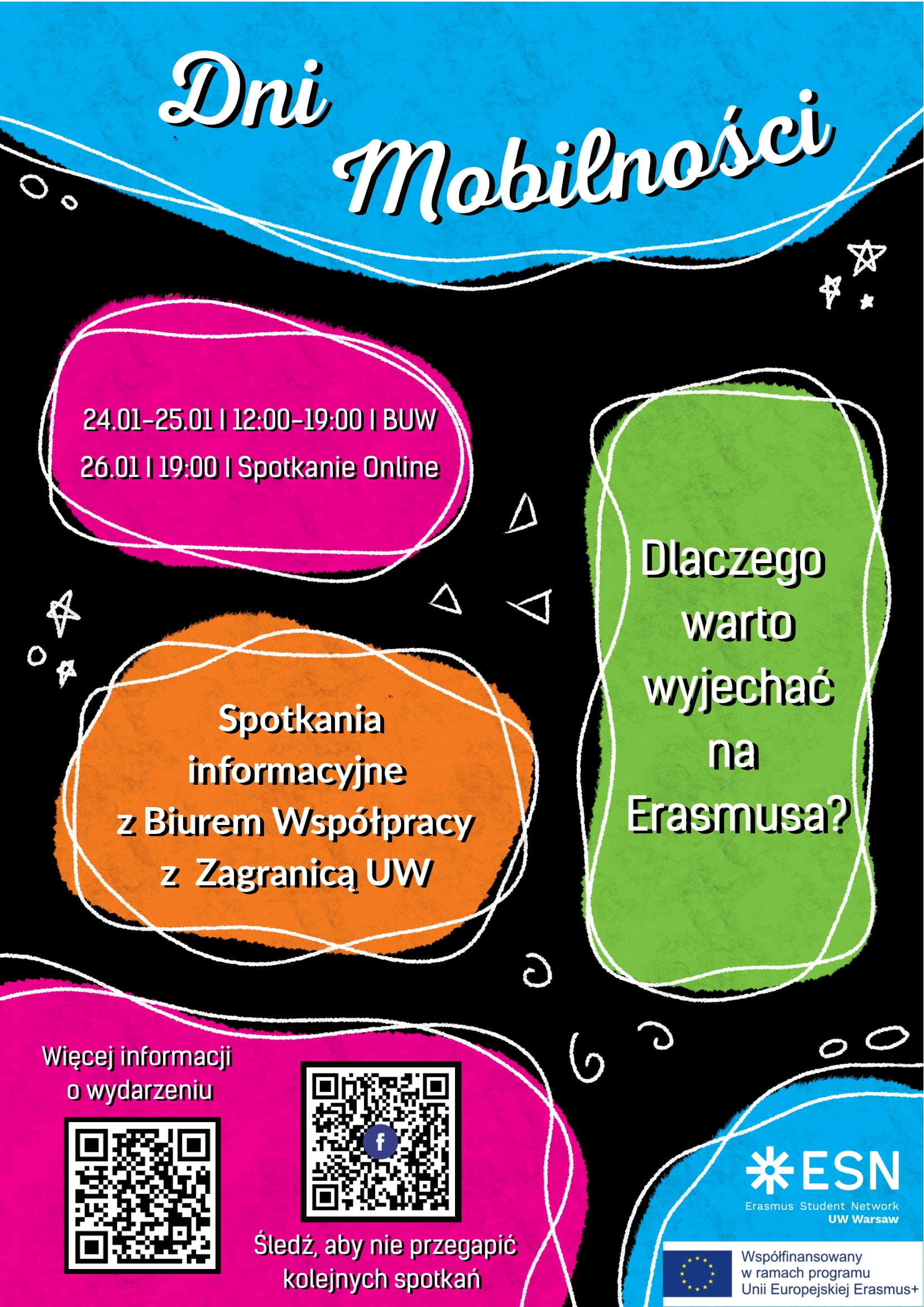Fulbright Graduate Student Award – nabory na wyjazdy naukowe do USA
Ruszył kolejny nabór do programów stypendialnych Fulbrighta na wyjazd do USA: Graduate Student Award 2024-25, Junior Research Award 2024-25, Senior Award 2024-25 i STEM Impact Award 2023-24 oraz nowość – Fulbright Research Award at Stanford University School of Medicine 2024-25. Program Fulbrighta to największy program wymiany naukowej i kulturowej Stanów Zjednoczonych, który od ponad 75 lat wspiera współpracę na rzecz rozwoju nauki, kultury oraz relacji międzyludzkich i międzyinstytucjonalnych pomiędzy Stanami Zjednoczonymi a ponad 160 krajami. Wśród absolwentów i absolwentek programu znajduje się m.in. 62 laureatów Nagrody Nobla i 89 laureatów nagrody Pulitzera. W Polsce Program Fulbrighta działa już od ponad 60 lat i liczy ponad 5000 absolwentów i absolwentek.
- Fulbright Graduate Student Award 2024-25 to program dla osób zainteresowanych rozpoczęciem studiów drugiego lub trzeciego stopnia w USA, zapewniający finansowanie pierwszego roku nauki w kwocie do 47 000 USD, z możliwością przedłużenia na kolejny rok.
Przyjmowane są wnioski na wszystkie kierunki studiów z wyłączeniem studiów medycznych wymagających bezpośredniego kontaktu z pacjentem, programów LLM (Master of Laws) oraz MBA (Master of Business Administration). Wyjazd jest możliwy na każdą akredytowaną uczelnię wyższą. Nabór wniosków trwa do 24 kwietnia. Więcej informacji: https://fulbright.edu.pl/graduate-student-award/
- Fulbright Junior Research Award 2024-25 to program dla osób przygotowujących rozprawę doktorską w polskich instytucjach naukowych. Celem stypendium, trwającego od 4 do 10 miesięcy, jest realizacja własnego projektu badawczego w amerykańskiej uczelni, instytucie badawczym non-profit lub organizacji pozarządowej w USA, powiązanego z tematyką przygotowywanej rozprawy doktorskiej. Przyjmowane są zgłoszenia ze wszystkich dziedzin z wyłączeniem projektów wymagających bezpośredniego kontaktu z pacjentem. W ramach konkursu Junior Research Award 2024-25 można też składać wnioski o nowe, 10-miesięczne stypendium Fulbright Research Award at Stanford University School of Medicine 2024-25. Nabór wniosków trwa do 26 maja. Więcej informacji: https://fulbright.edu.pl/junior-award/
- Fulbright Research Award at Stanford University School of Medicine 2024-25 to program dla osób przygotowujących rozprawę doktorską w polskich instytucjach naukowych z następujących dziedzin: biologia komórkowa, molekularna lub strukturalna, biochemia, biofizyka albo obszary pokrewne, z wyłączeniem projektów wymagających bezpośredniego kontaktu z pacjentem. Celem 10-miesięcznego stypendium jest realizacja własnego projektu badawczego w Stanford University School of Medicine powiązanego z tematyką przygotowywanej rozprawy doktorskiej. Stypendium jest częścią programu Junior Research Award i oferowane jest we współpracy z Rogala Lab. Nabór wniosków trwa do 26 maja. Więcej informacji: https://fulbright.edu.pl/junior-award/
- Fulbright STEM Impact Award 2023-24 to program dla osób, które kierują projektami badawczymi z obszarów STEM i są zatrudnione w polskich instytucjach akademickich i naukowych. Stypendium pozwala na realizację krótkoterminowego (2-6 tygodni) projektu badawczego, dydaktycznego lub badawczo-dydaktycznego oraz na poszerzenie wiedzy z zakresu komercjalizacji nauki lub skutecznego pisania wniosków grantowych w instytucjach w USA. Stypendium przeznaczone jest do pracowników i pracowniczek badawczych i dydaktycznych z doświadczeniem w zarządzaniu projektami badawczymi i nadzorowaniu pracy innych naukowców. Nabór wniosków trwa do 26 maja. Więcej informacji: https://fulbright.edu.pl/stem-impact/
- Fulbright Senior Award 2024-25 to program umożliwiający osobom zatrudnionym w polskich instytucjach akademickich i naukowych realizację samodzielnych projektów badawczych lub badawczo-dydaktycznych w instytucji goszczącej w USA (tj. amerykańskiej uczelni, instytucie badawczym non-profit lub instytucji rządowe). Stypendium, trwające od 3 do 10 miesięcy, skierowane jest do pracowników i pracowniczek badawczych i dydaktycznych na każdym etapie kariery po uzyskaniu stopnia doktora. Przyjmujemy zgłoszenia ze wszystkich dziedzin z wyłączeniem projektów wymagających bezpośredniego kontaktu z pacjentem. Nabór wniosków trwa do 16 czerwca. Więcej informacji: https://fulbright.edu.pl/senior-award/
Strona internetowa dotycząca programów stypendialnych Fulbrighta na wyjazdy naukowe do USA: https://fulbright.edu.pl/stypendia-do-usa/
Kontakt do Ambasadorki Programu Fulbrighta w Warszawie: dr hab. inż. Izabela Madura, email: izabela.madura@pw.edu.pl
Praktyki zawodowe na Wydziale Geologii Uniwersytetu Warszawskiego. Muzeum Wydziału Geologii UW
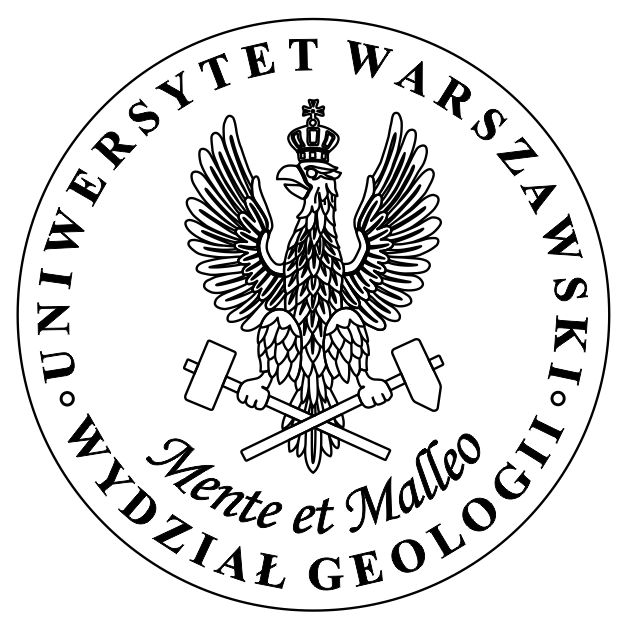 Celem praktyk jest zapoznanie się z kulisami zawodu osoby o wykształceniu ochrona środowiska w instytucji naukowo-dydaktycznej.
Celem praktyk jest zapoznanie się z kulisami zawodu osoby o wykształceniu ochrona środowiska w instytucji naukowo-dydaktycznej.
Mamy do zaproponowania pracę z kopalną biosferą, a mówiąc prościej – ze skamieniałościami. Praca polega na preparacji okazów paleontologicznych, wykonywaniu podstawowych pomiarów biometrycznych okazów, sporządzaniu etykiet, numerowaniu i wprowadzaniu opisu do arkusza Excel. Ponadto przewidziana jest pomoc przy wykonywaniu profesjonalnych zdjęć do publikacji lub wystaw edukacyjnych. Może to być też praca przy organizacji przyszłej wystawy popularno-naukowej. Zbiory paleontologiczne są kolekcjami naukowymi, o wyjątkowej wartości poznawczej. Praktyki te zapewniają Wam poznanie przyrody jako wartości poznawczej, estetycznej i edukacyjnej.
Poznacie znaczenie naukowych kolekcji paleontologicznych, a także kolekcji muzealnych. Przyczynicie się do powstawania prac naukowych. A może w przyszłości sami zechcecie takie badania prowadzić.
Opiekunem praktyk jest dr hab. Ewa Głowniak.
MERGED Commision meeting- 9-10.02.2023

9 i 10 lutego 2023 w siedzibie UCBS odbyło się pierwsze spotkanie zespołów w ramach projektu MERGED –MERGED Commision meeting.
W spotkaniu udział wzięli: Carsten Smith-Hall (Københavns Universitet), Katja Thorseth (Københavns Universitet), Mariola Zalewska (UCBS, Uniwersytet Warszawski), Carlo Pozzi (Universita Degli Studi Di Milano) i Zespół UCBS.
Głównymi tematami wydarzenia były:
- Opracowanie i wdrożenie programu MERGED
- Porozumienie w sprawie realizacji i harmonogramu wspólnych działań dydaktycznych
- Opracowanie Wspólnego Podręcznika Administracyjnego (JAM) i Podręcznik Studenta
- Przeprowadzenie pierwszej internetowej konferencji MERGED Open House

Swiss European Mobility Programme na UW – 2023/24
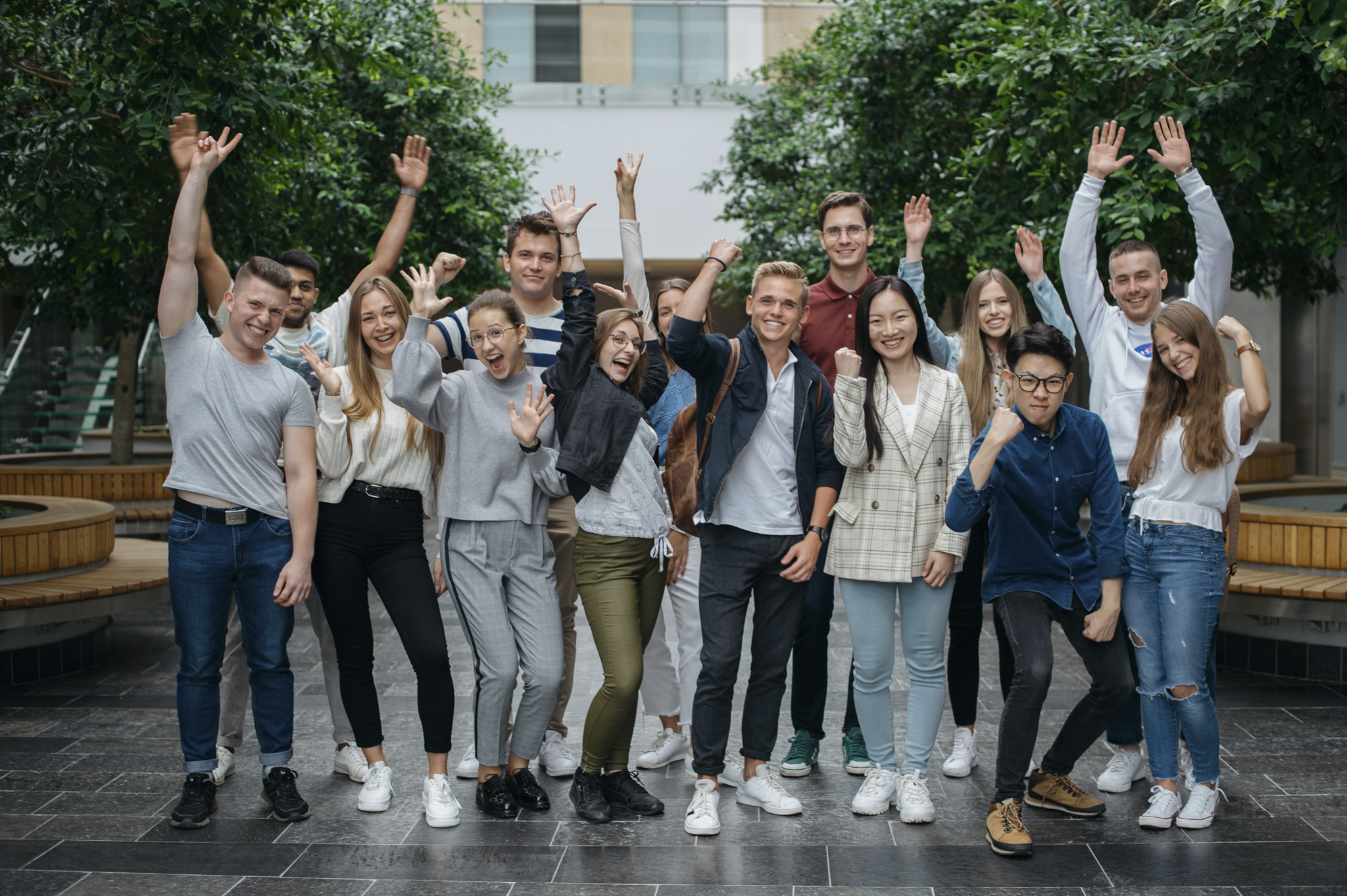 Zachęcamy do zapoznania się z ofertą stypendium finansowanego przez Rząd szwajcarski w ramach Programu Swiss European Mobility (SEMP).
Zachęcamy do zapoznania się z ofertą stypendium finansowanego przez Rząd szwajcarski w ramach Programu Swiss European Mobility (SEMP).
Kwalifikacja do wyjazdu na zagraniczne studia częściowe na uczelniach szwajcarskich odbywa się oddzielnie od Programu Erasmus.
Kwalifikacja studentów może się odbyć na podstawie uzgodnionej i zawartej umowy o współpracy bilateralnej z uczelniami szwajcarskimi w ramach Programu SEMP i powinna być zakończona do 21 marca 2023 r.
Szczegóły: http://bwz.uw.edu.pl/program-swiss-european-mobility-programme-semp/
Lista umów z uczelniami szwajcarskimi: http://bwz.uw.edu.pl/wp-content/uploads/sites/358/2023/01/Lista-umow-Szwajcaria-SEMP-2023_.pdf
Ogólne zasady kwalifikacji studentów/doktorantów do mobilności edukacyjnej w ramach Programu SEMP na zagraniczne studia częściowe w roku akademickim 2023/2024.(załącznik)
Otwarte wykłady „Rozwój zrównoważony w teorii i praktyce 2023- czy Zrównoważony rozwój jest możliwy (?)”
Erasmus+ 2023/24- Spotkanie informacyjne
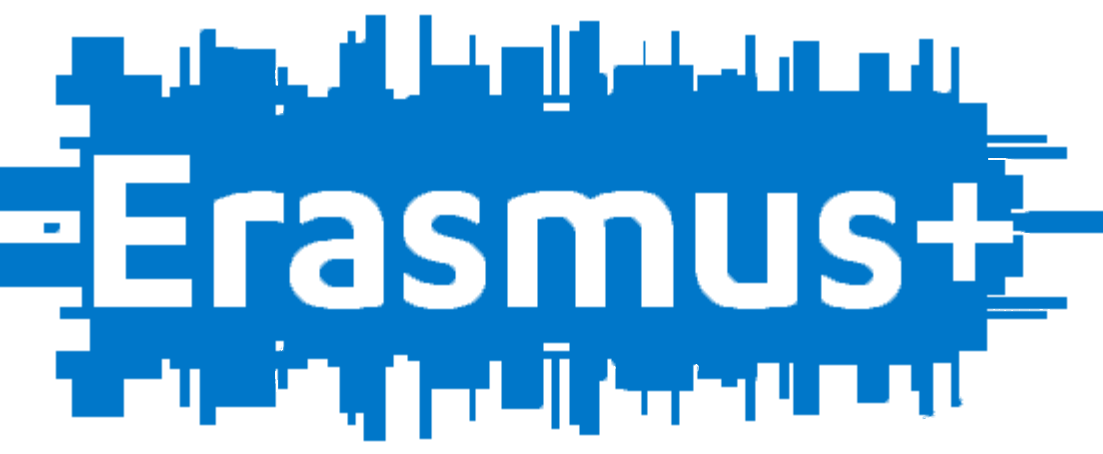
Dni mobilności 24-26.01.2023
Erasmus Student Network UW (ESN) wraz z Biurem Współpracy z Zagranicą (BWZ) serdecznie zaprasza studentów i doktorantów na Dni mobilności, które odbędą się od 24 do 26 stycznia br.
Indywidualne konsultacje z BWZ i ESN na stoisku w holu BUW 24-25 stycznia w godz. 12-17.
Spotkanie online 26 stycznia godz. 19:00
Kwalifikacja na studia częściowe Erasmus+2023/24

Rozpoczynamy kwalifikację na studia częściowe w ramach programu Erasmus+ w roku akademickim 2023/24. Szczegółowe zasady kwalifikacji oraz harmonogram zostaną podane w terminie późniejszym, po ogłoszeniu przez BWZ ogólnych zasad kwalifikacji studentów do stypendium Erasmus+ 2023/24.
Więcej informacji tutaj

